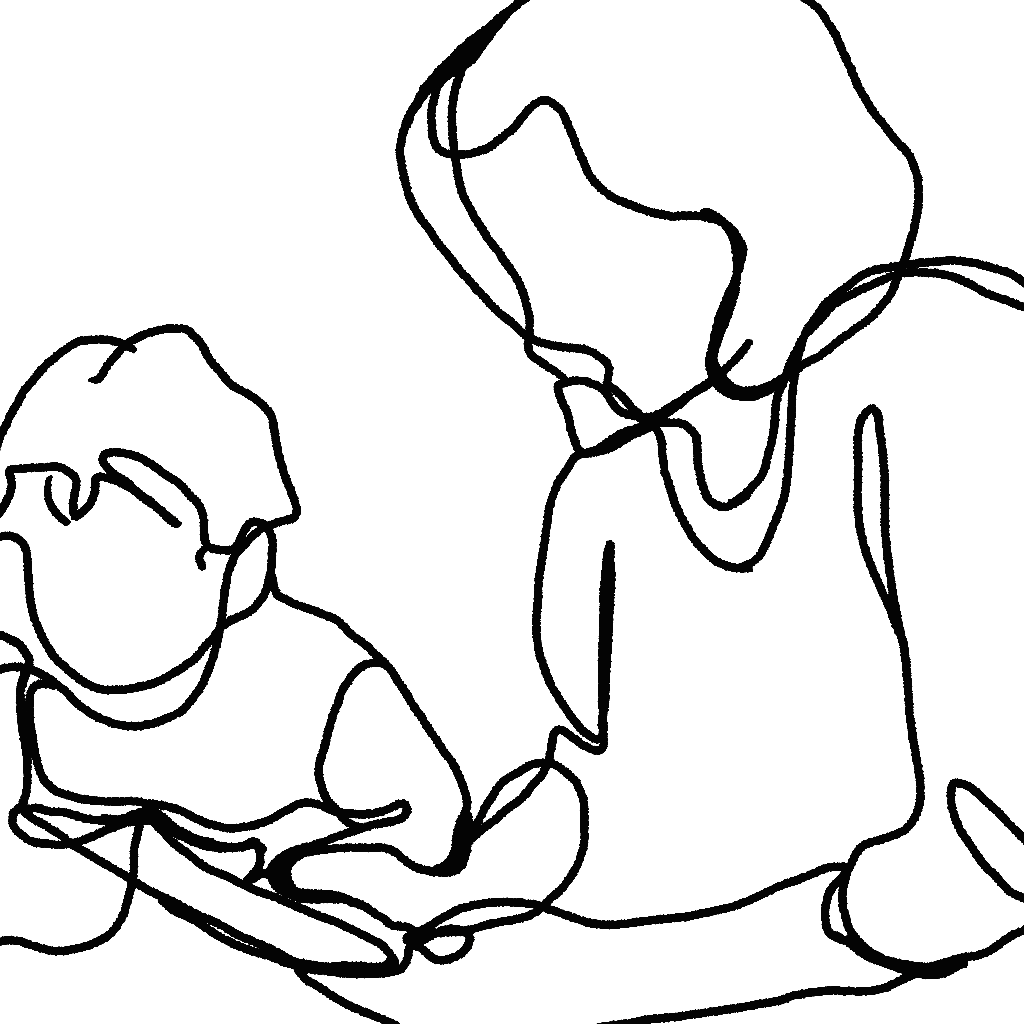The separation of tasks is one of the most powerful tools to help me manage my anxiety, improve my confidence, and care a bit less about what other people think of me. The idea is still present with me on an almost daily basis, even after first encountering it weeks ago in a book by Ichiro Kishimi and Fumitake Koga called ’The Courage to Be Disliked‘.
The book is a conversation between a philosopher and a student discussing some of the teachings of Alfred Adler, a renowned psychologist and philosopher. Some ideas in the book are quite interesting, and even if I don’t agree with all of the examples and explanations, I still liked it.
However, this separation of tasks really stuck with me. The idea is quite simple to understand but much harder to implement into your life. The authors state (as part of Adlerian psychology) that every problem we face is an interpersonal relationship problem. The separation of tasks, as the name suggests, helps us avoid those interpersonal relationship problems by, stating it simply, minding our own business.
All interpersonal relationship problems start when someone intrudes into another person’s tasks. So now you might be asking, how do you know who is responsible for a certain task? The easiest way is to look at the end result, who is going to “receive” it.
Let’s take a look at a simple example of a child’s grades. Even though the parents might also be affected by a bad grade, the one receiving it will be the child. So it’s the child’s responsibility to study and get a good grade. Parents can, of course, offer help, but they can only help if the child asks for it.

I use this tool mostly to help me improve my well-being. When I’m worried about what other people might think of me, I think of the separation of tasks. It’s the other person’s task to create an opinion about me, not mine. So, I can simply focus on my own tasks and let other people do theirs.
It’s really not my task to worry about what a random person on the street thinks of me when they see me, so I’m not going to obsess over it. I also know to be more mindful when inserting myself into other people’s tasks.
I never knew how to deal with the suggestions to not worry about something, or that it’s out of my control. With this new tool, I can manage those hard moments a bit better. The separation of tasks can be used in many areas, situations, and problems in our life.
In conclusion, the power of the separation of tasks, as taught by Adler and beautifully articulated in Kishimi and Koga’s book, can offer significant assistance in managing interpersonal relationships and personal well-being. For me, this realization has helped me quite a bit, so I wanted to share it with you. It has provided a fresh perspective on my interactions and has allowed me to focus more on my own tasks, rather than obsessing over elements beyond my control.
If the concept of task separation resonated with you, feel free to share this blog post with someone who might also benefit from it. Thank you.

